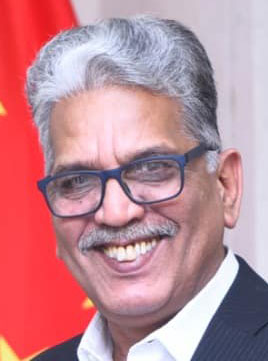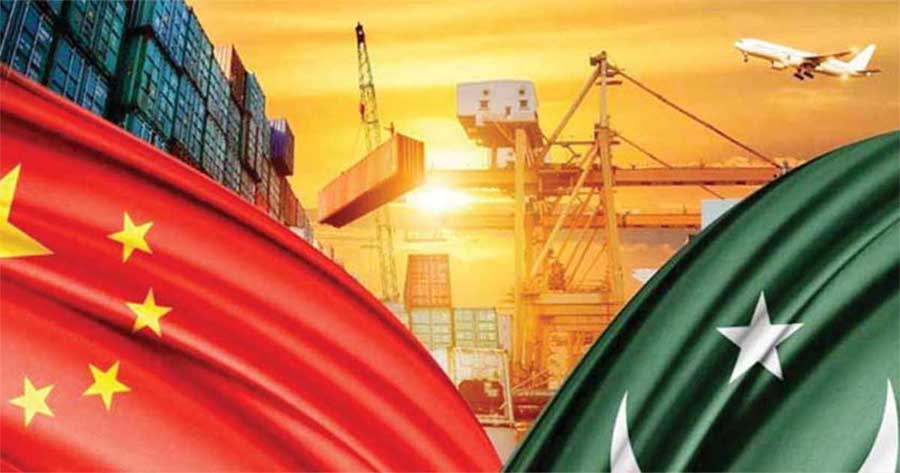
On October 1, 1949, a new era dawned as the People’s Republic of China was officially founded. Seventy-four years later, China has emerged as a global superpower, reshaping the world in numerous ways. We reflect on China’s journey over seven decades, highlighting its remarkable transformation, achievements, and challenges.
The Founding Years (1949-1978): The period immediately following the founding of the People’s Republic of China was marked by significant challenges. The nation was ravaged by decades of war and colonialism, and the population faced dire poverty and hardship. Under the leadership of Chairman Mao Zedong, the Communist Party initiated sweeping reforms and launched ambitious campaigns such as the Great Leap Forward and the Cultural Revolution. These efforts, while well-intentioned, brought about severe hardships and human suffering.
However, in 1978, China embarked on a path of economic reform and opening up under the leadership of Deng Xiaoping. This marked a turning point in the nation’s history and set the stage for its rapid ascent on the global stage.
Economic Transformation and Growth (1978-2012): China’s economic transformation and growth from 1978 to 2012 represent one of the most remarkable and profound shifts in the global economic landscape. This period, often referred to as the era of “Reform and Opening-Up,” was initiated under the leadership of Deng Xiaoping and marked a departure from the country’s centrally planned economy towards a more market-oriented and export-driven model. The introduction of economic reforms, including the establishment of Special Economic Zones, liberalization of trade and investment policies, and the encouragement of foreign direct investment, propelled China into becoming the world’s factory and a major player in the global economy. Over these decades, China experienced rapid industrialization, urbanization, and an extraordinary increase in GDP, lifting hundreds of millions of people out of poverty. However, this period was not without its challenges, including issues of income inequality, environmental degradation, and concerns about political freedoms. Nevertheless, China’s economic transformation during this period has left an indelible mark on the world and continues to shape its role as a global economic powerhouse.
Social Progress and Poverty Alleviation: China’s progress extended beyond economic growth. The government invested heavily in education, healthcare, and poverty alleviation programs. Access to education increased significantly, and China produced a growing number of skilled professionals and innovators. The “One Child Policy” was implemented in the late 1970s, later relaxed, and eventually replaced, contributing to the country’s demographic challenges and a rapidly aging population.
China in the Xi Jinping Era (2013-present): Since assuming office in 2013, Xi Jinping has overseen a remarkable period of development and transformation in China, with a strong focus on poverty alleviation. Under his leadership, China has made significant strides in various aspects of its economy, politics, and international influence. The Xi era has been marked by ambitious initiatives such as the Belt and Road Initiative, which aims to strengthen China’s economic ties with countries across Asia, Europe, and Africa, and the “Made in China 2025” plan to upgrade the country’s manufacturing capabilities. Domestically, Xi has implemented sweeping anti-corruption campaigns, consolidated power within the Communist Party, and strengthened the role of the state in the economy, all while prioritizing poverty alleviation as a key policy goal. China’s efforts in this regard have been impressive, lifting millions of people out of poverty and reducing poverty rates significantly. Additionally, China has also made substantial investments in emerging technologies, such as artificial intelligence and 5G, positioning itself as a global tech leader. As Xi Jinping’s leadership continues, the world watches closely to see how China’s ongoing development and poverty alleviation efforts will shape its role on the global stage.
China’s poverty alleviation efforts have been particularly noteworthy. By 2020, China had successfully eradicated extreme poverty, a remarkable achievement that improved the lives of millions in rural areas.
Seventy-four years after its founding, China stands as a testament to the power of transformation and resilience. From a war-torn nation to a global economic and technological powerhouse, China’s journey has been nothing short of extraordinary. While it has achieved remarkable progress, China’s future will shape the course of global history for years to come.-Courtesy: Export Trend



